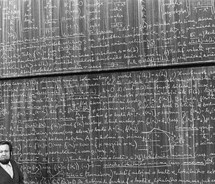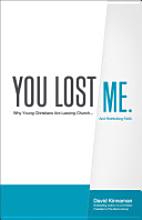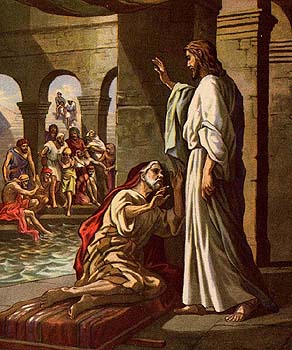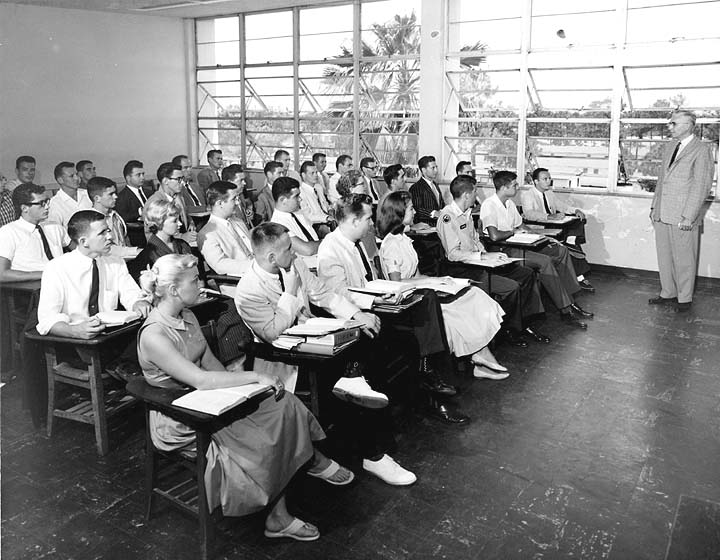 The defining attribute of an autistic person is that they grow inwardly rather than outwardly.
My daughter, Elle, is autistic. My wife and I have to work very hard to engage with her and to get her to engage with us and the world at large. She doesn't feel any particular pull to do it on her own.
The defining attribute of an autistic person is that they grow inwardly rather than outwardly.
My daughter, Elle, is autistic. My wife and I have to work very hard to engage with her and to get her to engage with us and the world at large. She doesn't feel any particular pull to do it on her own.
Instead, Elle greatly enjoys watching TV and playing computer games. Then, she will repeat, over and over, script from the shows/games that she likes.
She'll draw pictures of the characters in the show. She'll pretend to be one of the characters (her favorite character is Quack from Peep and the Big Wide World).
She's a wonderful daughter and I love her. But if you don't engage her, she'll most likely ignore you, and she'll simply retreat into her own mind. The stuff she says will seem like complete gibberish .
In order to get her to break from living fully in her imagination, we have to get her talking about real things. Well press her for details about her day at school, we'll ask how you make lemonade, we'll ask what her favorite holiday is and why. In other words, we have to draw her out of her internal world and into the world all around her.
Sometimes, we have to cut off TV and video games for a while when she's retreating into those things a bit too often. Not as punishment, but in order that she can't simply seek refuge in a place where she won't have to put forth the energy to deal with people.
Does this remind you of the church in America?
- Has trouble relating to people who aren't in the church.
- Likes to focus on something that really doesn't apply here and now (the afterlife).
- Doesn't want to engage, but would rather retreat into its own little world?
- Speaks with language that nobody else will understand (I'm not talking about tongues here, but rather the use of 'Christianese' like 'binding the devil' or 'the prayer of salvation', etc).
We can easily forget the the Body of Christ doesn't exist simply to get together for 2 hours each Sunday and make each other feel better, but rather that we are supposed to be going out and making disciples.
We build buildings, call them churches, and often restrict most or all of our activities in these places. This seems to me more like putting your light under a basket than being a city on a hill to me.
I think there are a lot of believers and a lot of churches that really are taking Jesus' mission to make disciples seriously. But I also think we need to increase the trend of engaging with the culture without losing our identity in the process.
By building walls to keep 'secular culture' out, we've also locked ourselves in. When we grow in a closed greenhouse, what good does it do to the meadow all around us?
Maybe it's not fair to call the church autistic, maybe it's just introverted.
As an introvert myself, I know it takes a lot of effort to socialize and engage with people, but I also know that it's important to make that concerted effort.
As I'm reading the book of Acts right now, I see the church growing, expanding, engaging. I wonder how we've arrived at the place where we are now - exclusive, stagnant or shrinking, stand offish.
We've got to get our from behind our church walls, and put ourselves out there, vulnerable, letting the Holy Spirit bear his fruit in our lives where it can actually make a difference.








![Bible-Open[1]](http://static1.squarespace.com/static/569fc0a65a566845d503e672/56a04eb927c80169a0d86da0/56a04ebb27c80169a0d86e42/1453346491136/bible-open1.jpg?format=original)















